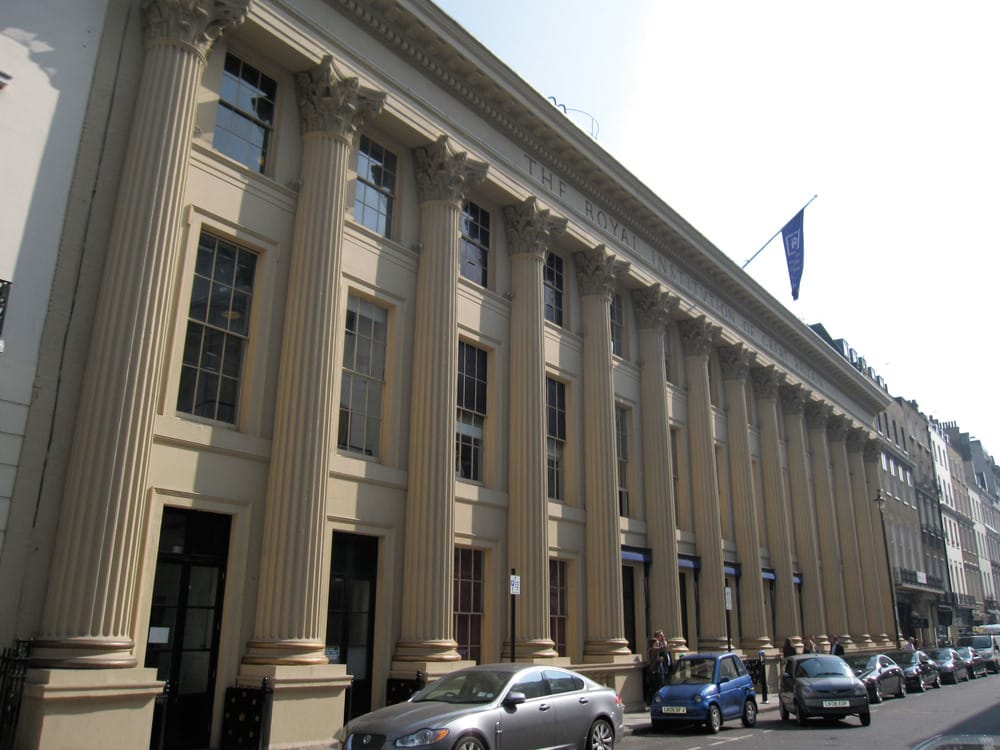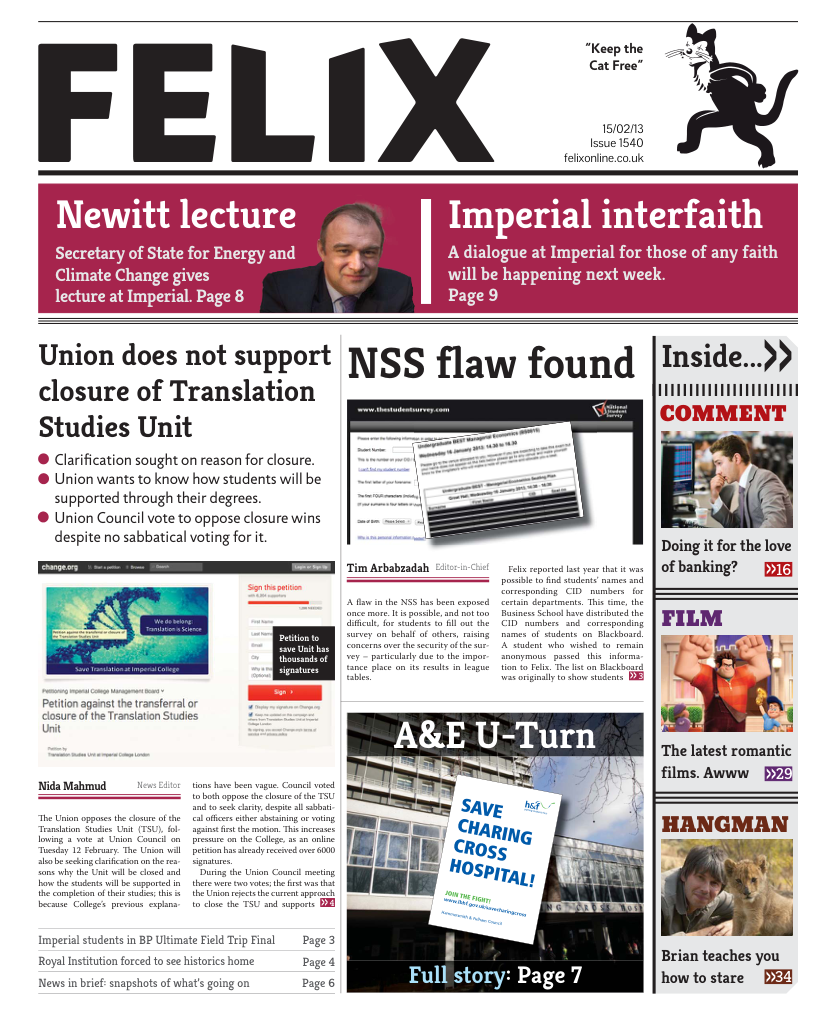Royal Institution forced to sell home
Give us your fooookin’ money, says Sir Richard Sykes

The Royal Institution (RI), one of the chief catalysts for the development of British science, has put its Mayfair residence on the market in an effort to overwrite mounting debts. Sir Richard Sykes, the current Chairman and former Rector of Imperial College London, has had to take swift action to remedy institutional losses. These were in excess of £600,000 in the 2012 academic year.
This figure is dwarfed by the staggering £2.6 million of losses incurred in 2010, mainly due to an expensive renovation of the building.
The priority has been identified as the generation of short-term cash flow. In a recently published article in The Guardian Sir Richard Sykes identified the urgent need to replenish the organisation’s endowment by £7.5 million; however there have been insufficient acts of philanthropy thus far, with Sir Richard saying: “Support and offers of help for the Royal Institution have been welcome, but must now be converted into action – and income.”
Many believe that the repercussions would extend far beyond the inconvenience of having to move premises. As cited by Lisa Jardine, a former RItrustee and professor of Renaissance Studies at University College London,
“We’re going to lose the [scientific] equivalent of Shakespeare’s Globe.” Many would agree, arguing that the RI is representative of the affinity between science and society; the two are inextricably linked. It cannot be denied that scientific discovery has always been fuelled, first and foremost, by research and hypothesis. In spite of this many believe that without passion few scientists would have persevered in order to reach closure in their field of work. The Christmas Lectures, facilitated by the RI, are perfect evidence of this, with recent success boosting viewing figures to four million in the UK, opening science to a wider audience.
Some are concerned that the ambiance created by the RI “brand” could die with the sale of the premises. For scientific research to continue to grow itmust have new recruits; the Royal Institution is frequently identified as a key life-line for this. In this spirit highly regarded figures of the British Scientific community have united to fight for the RI’s cause. Robert Winston of Imperial College London currently chairs the recently established Future Direction Committee. Their cause is bolstered by the public support of prominent physicists Brian Cox and Jim Al-Khalili. The latter has commented that, “It seems crazy that at a time when science and science communication is riding a wave of popularity not seen for generations, we hear that the very epitome of a British scientific institution is under threat.”
It is clear to see that the controversy extends beyond the financial difficulties faced by the Royal Institution, extending right to the heart of British scientific legacy.
Sir Richard Sykes believes that the current issue could help to initiate the process of science being heavily in the public eye, saying: “In my opinion, this is our opportunity to create a national strategy for science communication, advocacy and public engagement if we want Britain to be the best place in the world to do science.” Questions will still remain over whether mismanagement has occurred. For now, the building is still up for sale unless funds are found from another source.







